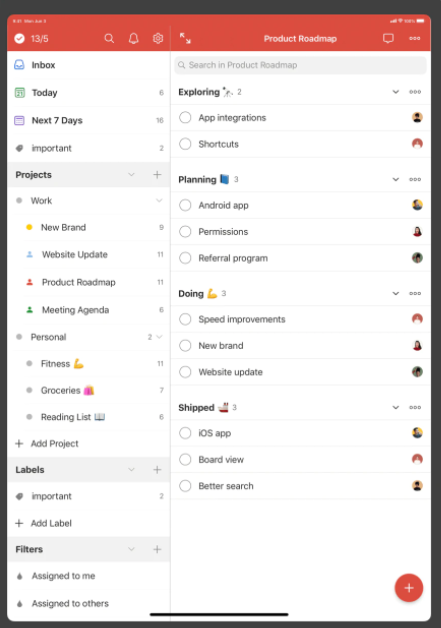


So, I make a Quizlet set for every test and use their adaptive learning feature, with the lecture slides as a guide. The science professors on our campus test almost exclusively off the lecture slides they post online. I can only speak from my experience, but for the most part, I rarely read textbooks anymore. The biggest challenge since Covid though has been figuring out what information to focus on, just like you. Pre-req's are all about building up that base of knowledge - allow yourself to learn, but don't let perfection be the enemy of good. I do not have the same knowledge base to draw from for sciences that I do humanities - something I didn't realize I relied so heavily upon. The other thing that really helped me was that it normalized the idea that I am learning this material from bottom up. I would just burn out on the material constantly. Turns out trying to study for a couple of hours straight was a terrible idea - at least for my brain. They really pushed the Pomodoro Technique, which worked wonders for me. I got very lucky that before my next semester our school had a prep/study seminar for free. None of the study methods that got me through a poli sci degree were working, and it was super disheartening. I really felt like I was drowning my first pre-req semester. Finally, be open to possibly expanding your interests. Respect the subjects you don't like by putting in consistent amount of less time. I say this as someone who sustained a 4.0 for the first half of uni and only earned 1 B per 5 classes a semester for the remainder (otherwise all As).Įnjoy the subjects you like by putting in extra time. If anything, a perfect GPA means that you sacrificed personal growth for minimal gains and you don't know how to prioritize work. Chasing a perfect GPA will only lead to burnout, and a 4.0 is not much more meaningful than a 3.8. It's important to remember that you don't need to get an A+ in every subject all the time.

Consistent effort may also make the material more intriguing because you understand it better, and that newly sparked interest may get you an A. A consistent amount of effort plus a little extra studying before an exam will get you to a B+. A consistent amount of effort will usually get you at least a B.

What I found helped the most was sitting someplace nice (think a shaded bench in a park) and reading the textbook aloud for a set period of time (around 20 minute chunks for 1 1/2 hours - check out the Pomodoro technique).Įven if you find it boring, you know you've put in a consistent amount of effort. Even though I was good at it, the material was always more boring than the comp sci classes (i.e., major classes). When I was in uni, I had a difficult time studying math.


 0 kommentar(er)
0 kommentar(er)
